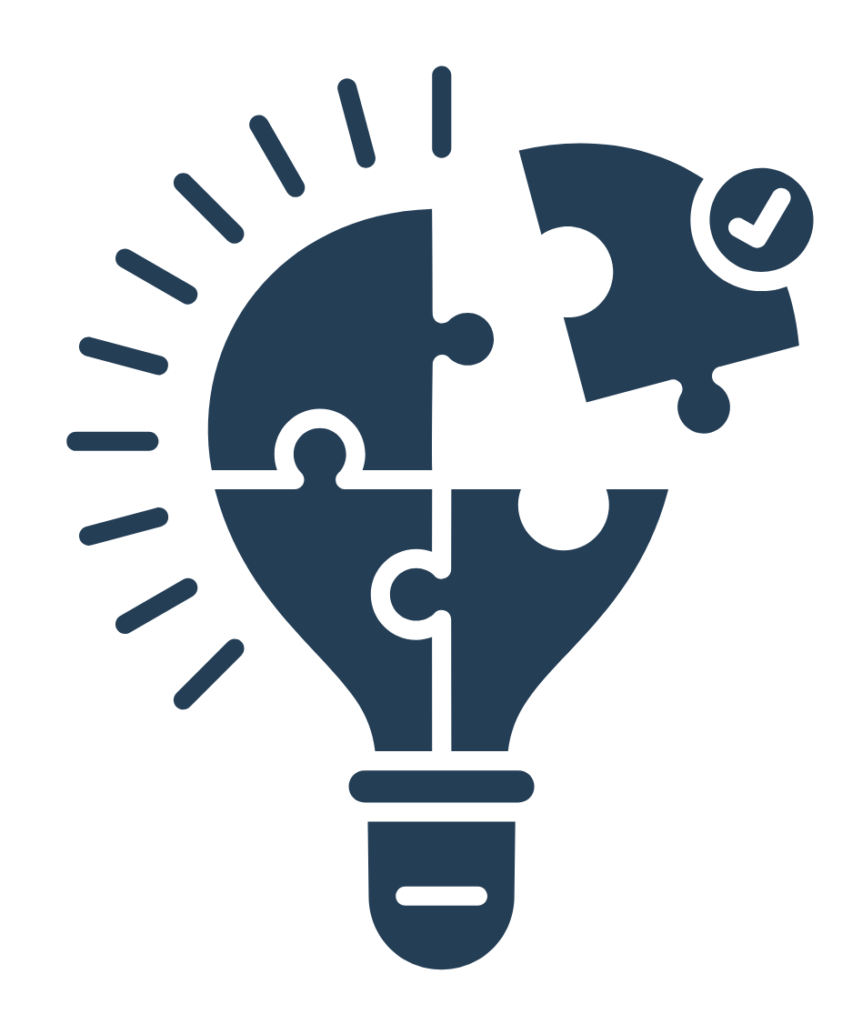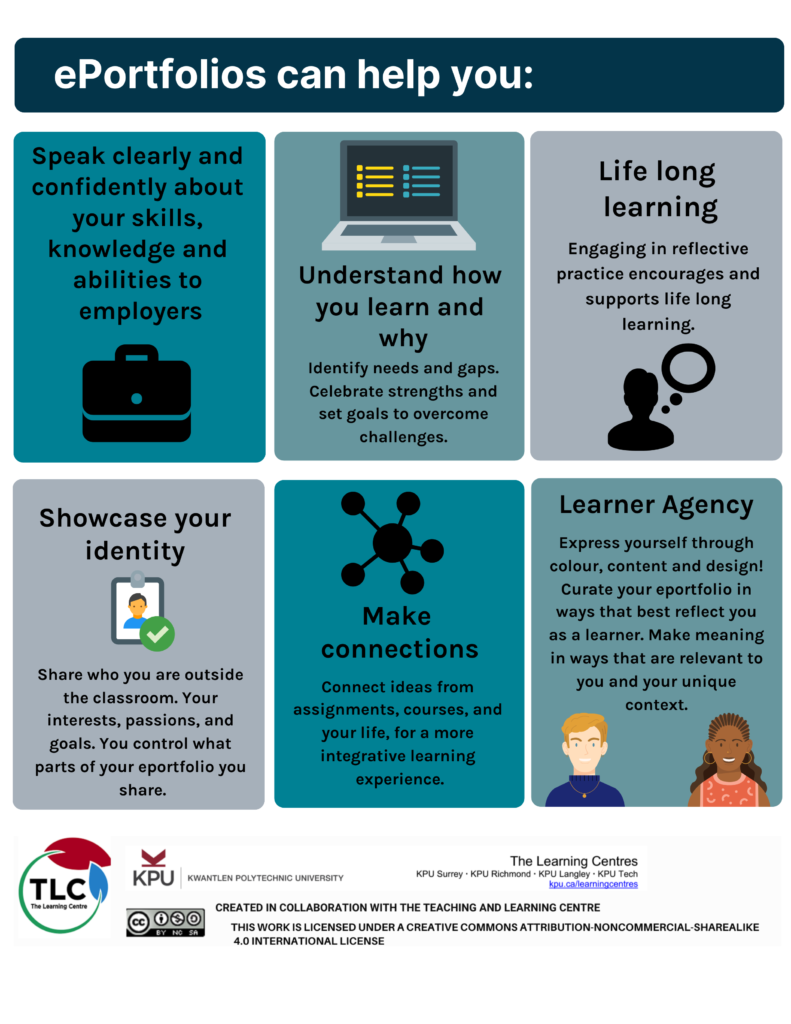Evidence of My Learning
Evidence of My Learning

Thinking about your learning
Reflections describe, analyze and synthesize the user’s experience. For example, In the case of a learning portfolio, you might choose to reflect upon how completing a learning activity (i.e. assignment) demonstrated how you were able to achieve a course or program learning outcome and/or how achieving that outcome will provide you with the necessary skills to gain employment in the future, or meet a goal you set for yourself.
You can also reflect on how one learning experience is connected to another, and material you’ve learned in class. This will help you integrating and transform your knowledge over time.
There are a variety of models for reflective practice (See here for a brief description). Reflective models can be used as a guide, to help you move through the reflective process, help you gain a deeper understanding of you learning experience, and what you might want to focus on next. In some cases, your instructors may provide these reflective prompts in the assignment guidelines, to help students through the reflective process.
Folio Thinking
Make connections, for deeper, more integrative learning.
Folio Thinking guides the process of creating an eportfolio, connecting artefacts to reflections for a deeper, more integrative learning process.
Folio thinking is “a process of engaging in the collection, organization, reflection and connection that leads to a person’s ability to speak intelligently and concisely about one’s learning experiences, what they mean and their value, and how their experiences relate to each other.” (Suter, 2013).
Folio thinking, like most reflective practice, takes time to learn how to do it effectively. Reflection, whether written or in another digital media can feel awkward and uncomfortable at first, but with practice and regular feedback, it becomes more natural and you can gain greater insights about yourself (Suter, 2013).
➡️ You are encouraged to reflect in particular about the process of creating the learning objects, or artefacts, that you choose to include in you eportfolio.

Watch the following video to learn more about how folio thinking works with eportfolios to benefit the learning process.
Think about how you can make connections between different learning experiences.

References:
Light, T. P., Chen, H. L., & Ittelson, J. C. (2012). Documenting learning with eportfolios: A guide for college instructors. Jossey-Bass.
Suter, V., Folio thinking. (2013, June 17). Retrieved January 18, 2022, from https://vsuter.org/eportfolios/
Content adapted with permission and thanks to Gillian Sudlow, KPU Teaching and Learning.
